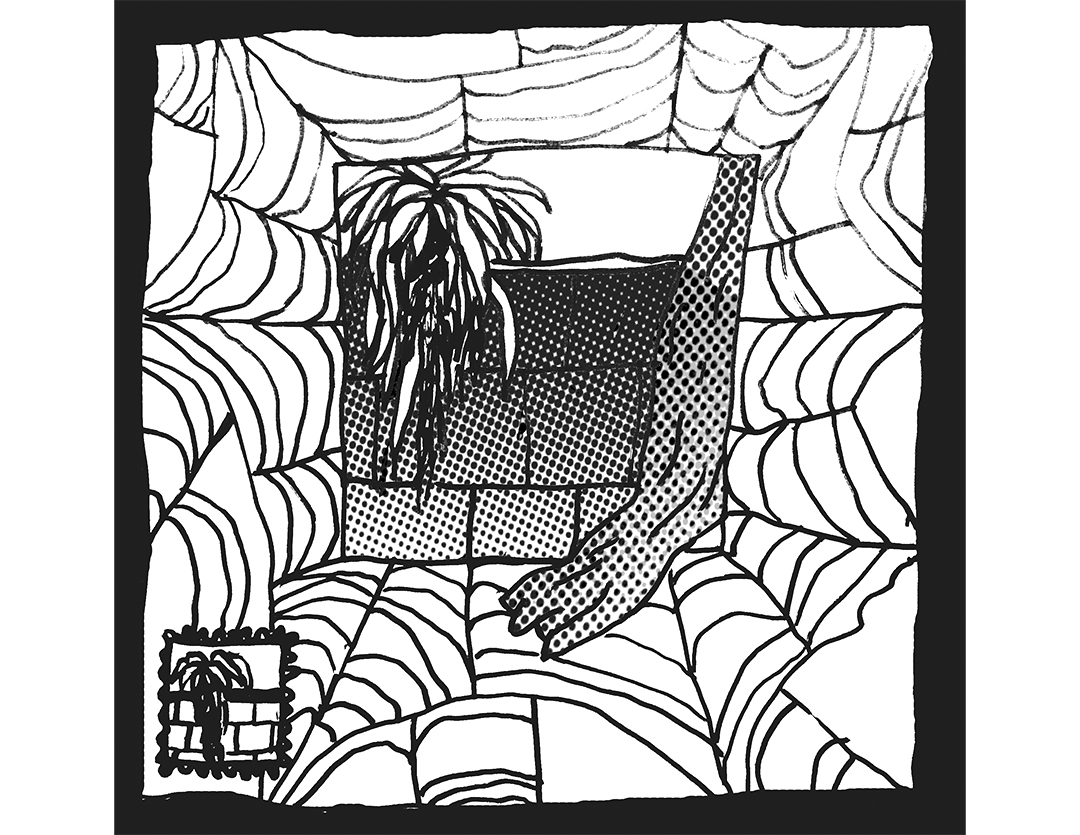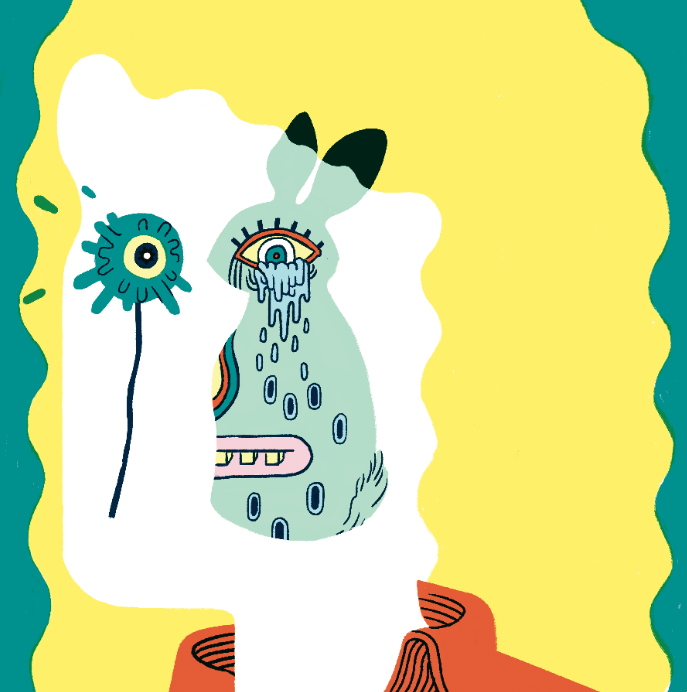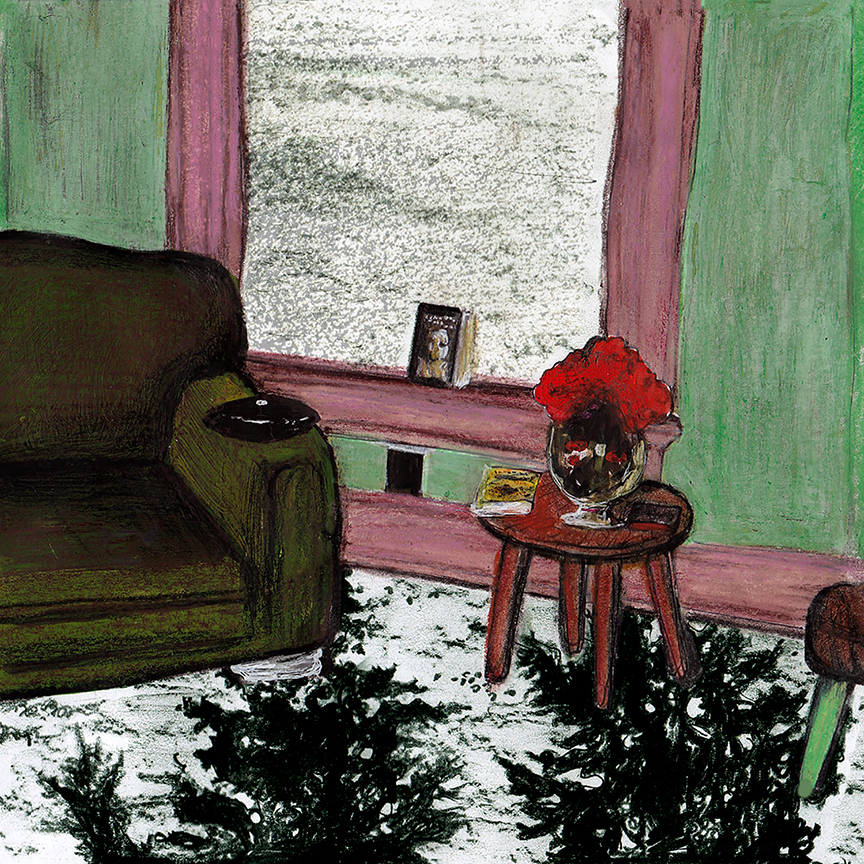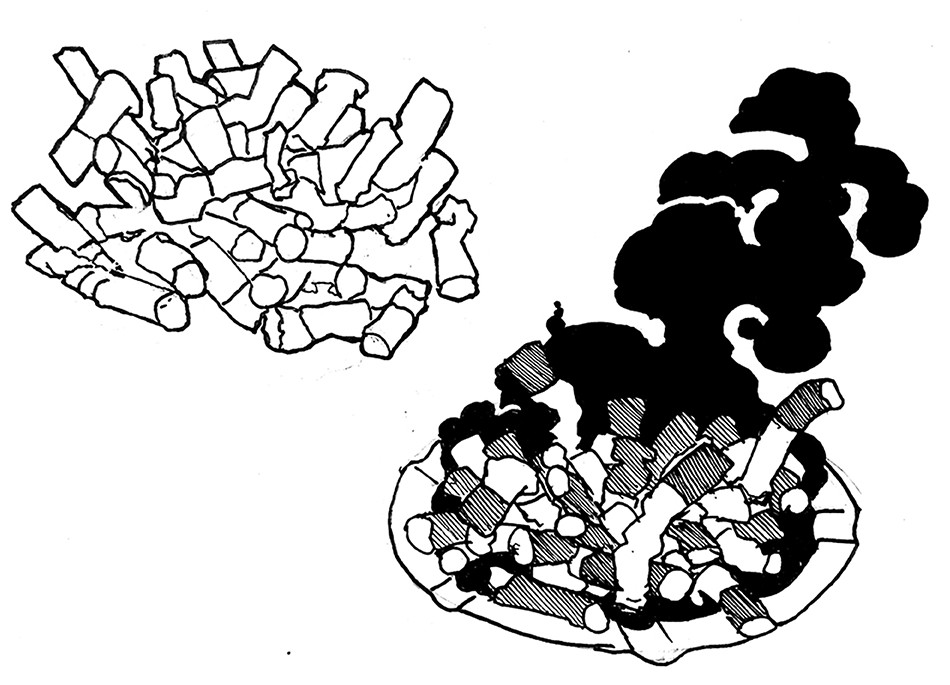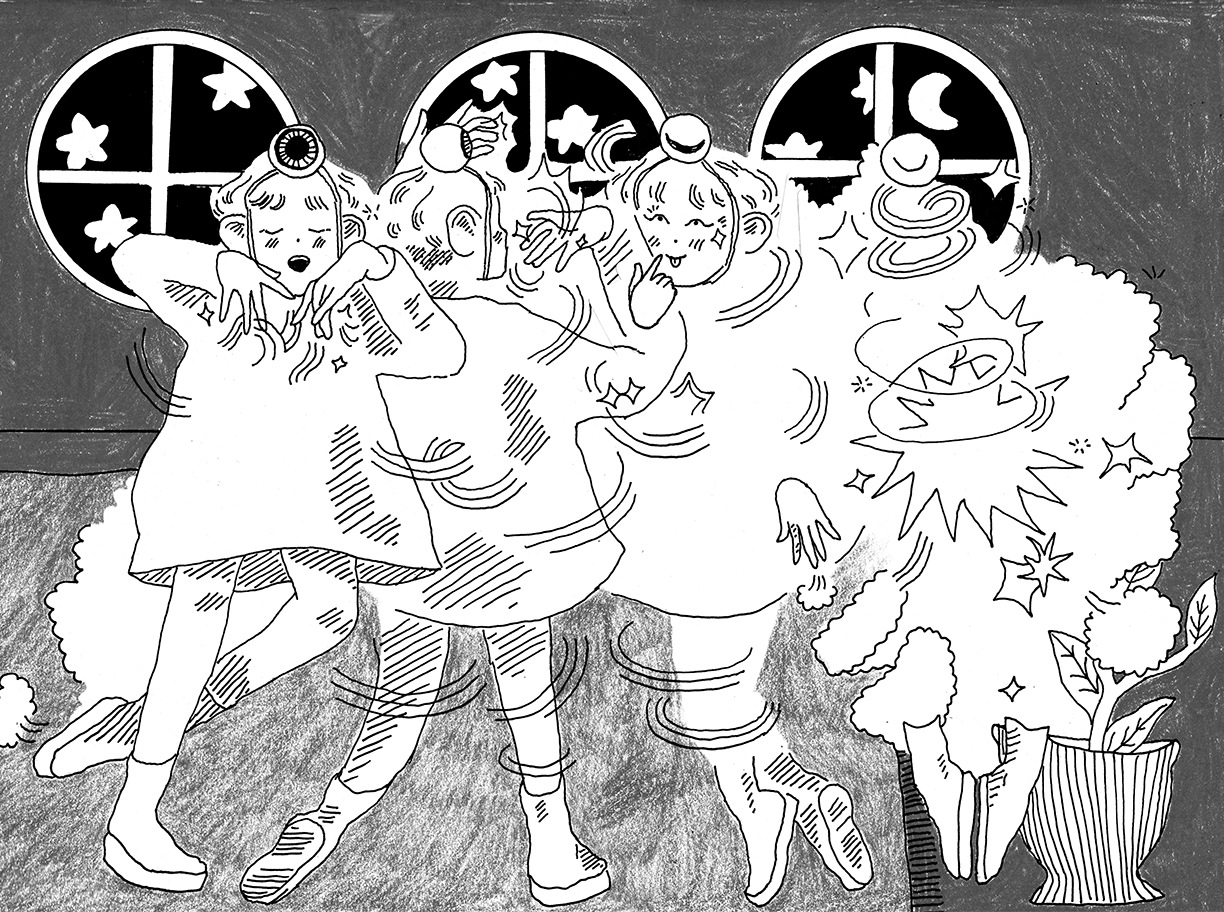Recently people have been telling me that pop music is in a pretty good place right now. They say that the songs are good or that the production is amazing — and every now and then when I hear music on the radio while I’m driving, I grudgingly have to agree. Additionally, some of these confections even have clever subversive messages, the kind that tell us that our collective consciousness may actually be evolving for the better. That can be very encouraging. And yet I still feel frustrated as a music fan, and I think I always will. Part of what I like about music and art is actually disliking the stuff I don’t like and defining it against what I do. And what I can’t seem to let go of is that, even when popular music contains messages, production values or melodies that I find appealing, it still just isn’t as open to directly confrontational or radical messages as less popular music. You still have to go to the underground to hear something that is free to speak openly about the world.
Listening to lié’s new album Truth Or Consequences reminds me of why I consider pop music to be slightly inferior in terms of its capacity to feel urgent and real. The album isn’t even particularly inaccessible: it’s fun to listen to. As somebody who has seen the band many times over the years, I feel confident in saying that Jordan Koop’s production suits these songs perfectly, and that the music is full of a powerful musicality with its pulsing rhythms and glowing, nuclear melodies. It just feels subterranean and vital, and gives you the sensation that perhaps you are being confronted with both the truth AND the consequences. To me, being able to grab hold of a bit of truth, even if it’s a dark or ugly one, is a good feeling. I won’t go into any lyrical analysis here. I’m talking more about a feeling that what you are hearing hasn’t been calculated for mass appeal, but rather speaks to you in a more specific, personal way should you be open to it.
The atmosphere of lié’s record reminds me of one of my favourite albums, and one that I definitely consider to be a triumph of rawness and truth-telling over smooth professionalism. The Fall’s second album, Dragnet is a much more sonically eccentric record, but that sense of absolute commitment to the genuine realization of the music is similar. Recorded in 1978, when making a record like this would have been much harder on a practical level, it sounds like it exists against the odds. In a way, the recording quality of the record actually kind of sounds like the forces of mainstream music attempting to snuff it out in real time. And yet, Mark E. Smith’s insistent, incisive jabbering persists through the tape hiss. Just as lié does, the band plays with an awe-inspiring energy and originality, not knowing whether there is an audience, but knowing that these things need to be said and done.
In 2016, it sometimes appears that the underground has succumbed to the same rat-race mentality that marred the mainstream music industry in the first place. New musicians grasp at the blog posts, ‘likes,’ and instant appreciation that appear just out of reach. But there is still a portion of the underground that is going about the business of saying and doing the things that need to be done against the odds, and to me this is still the truly important and enjoyable work, and the reason that, although I do find myself occasionally tapping on the steering wheel, I will always gravitate back towards the things that I have to seek out.


